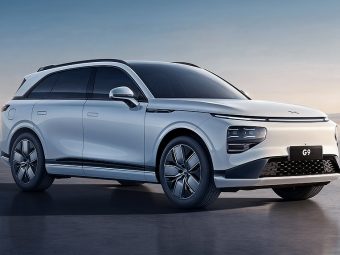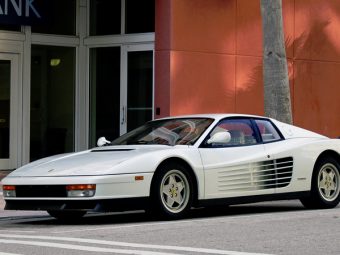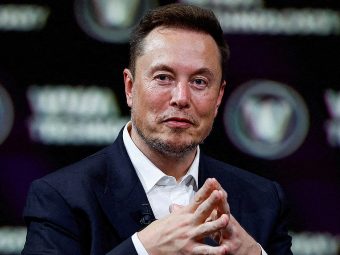Germany has gone into full Darth Vader mode by altering a deal it agreed to and then turning around in a threatening manner to say “pray I don’t alter the deal any further”. Germany has the largest economy in the entire European Union and basically underwrites the EU whenever trouble is brewing. One can not underestimate Germany’s power as the vortex at the center of the EU and its many mandates and rules. Brussels may be the headquarters where EU politicians congregate to set laws etc, but the EU’s real seat of power is central Berlin. Last year the European Union voted to ban the sale of gasoline (petrol and diesel) cars by 2035. It was a momentous decision to forge a pathway to a greener zero-emissions more environmentally friendly future. Not all were happy.
Behind closed doors, industry leaders from Germany’s automotive industry were opining that banning internal combustion engines by 2035 made little sense for many reasons. One reason was about scale, to switch from gasoline to electric by 2035 was too much of a shock to the system for the legacy car industry to absorb. Germany’s automotive industry is effectively underwritten by the German state, it will never fail because it is too big to fail.
Many hundreds and thousands of jobs and livelihoods depend on the German automotive industry, not just in Germany but throughout the EU. With pressure and a little bit of collusion, the German state is now threatening to block the 2035 ban on the sale of new combustion/gasoline cars. Germany wants to alter the rules it agreed to in 2022 to include an exemption for synthetic fuels, so called-e-fuels.
Italy is also in fully protectionist mode as it seeks to vote against the 2035 ICE ban. A vote to ratify the 2022 agreement on Tuesday was postponed until Friday. Germany and Italy are apparently abstaining from the vote. EU regulations and mandates can not become law without a qualified majority. However, many questions remain about the carbon neutrality of e-fuels, in addition, e-fuels are more expensive and have next to no mass market penetration.
The German car industry is not interested in the human capital at risk by switching from gasoline to electric. Germany’s “pray I don’t alter the deal” stance to add an exemption clause is about protecting the profits of the German auto industry. If the German car industry truly cared about its German workforce it would not seek to invest in advanced technologies such as AI automation.








